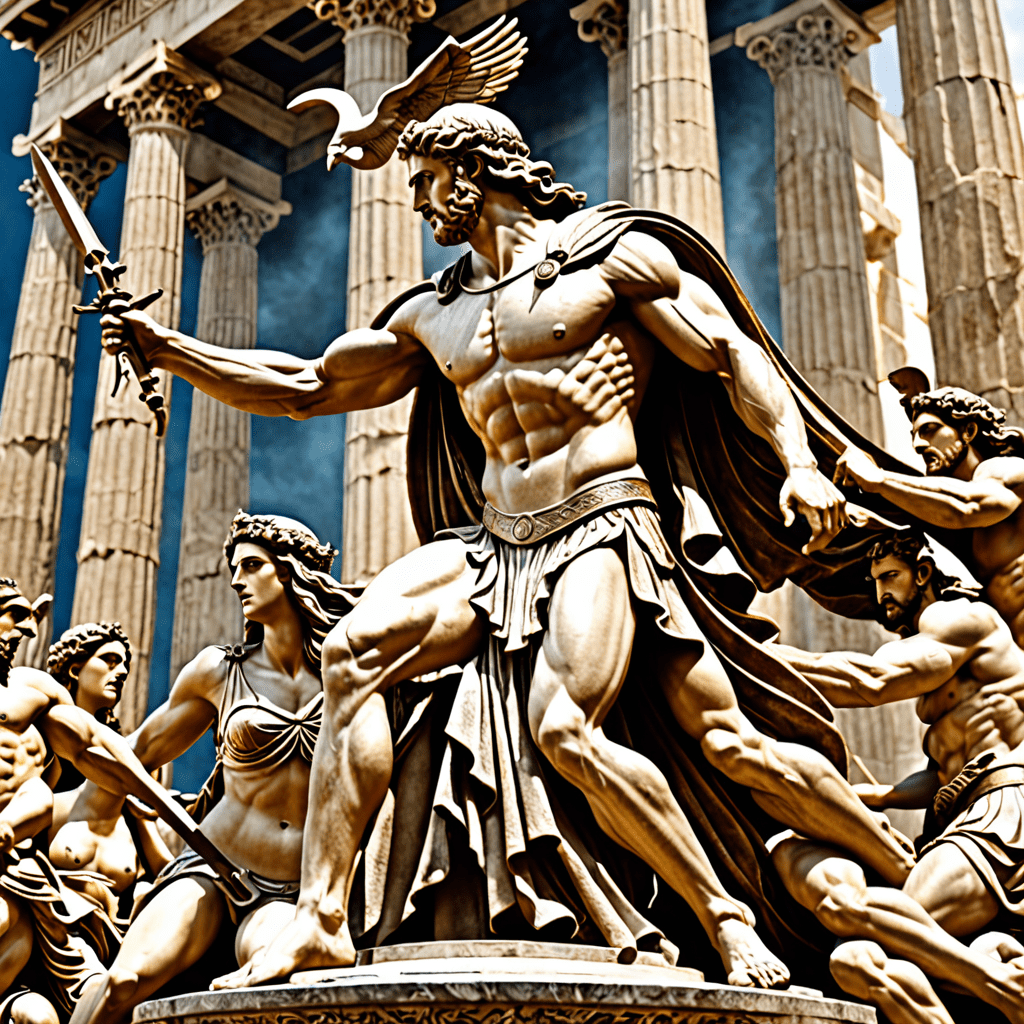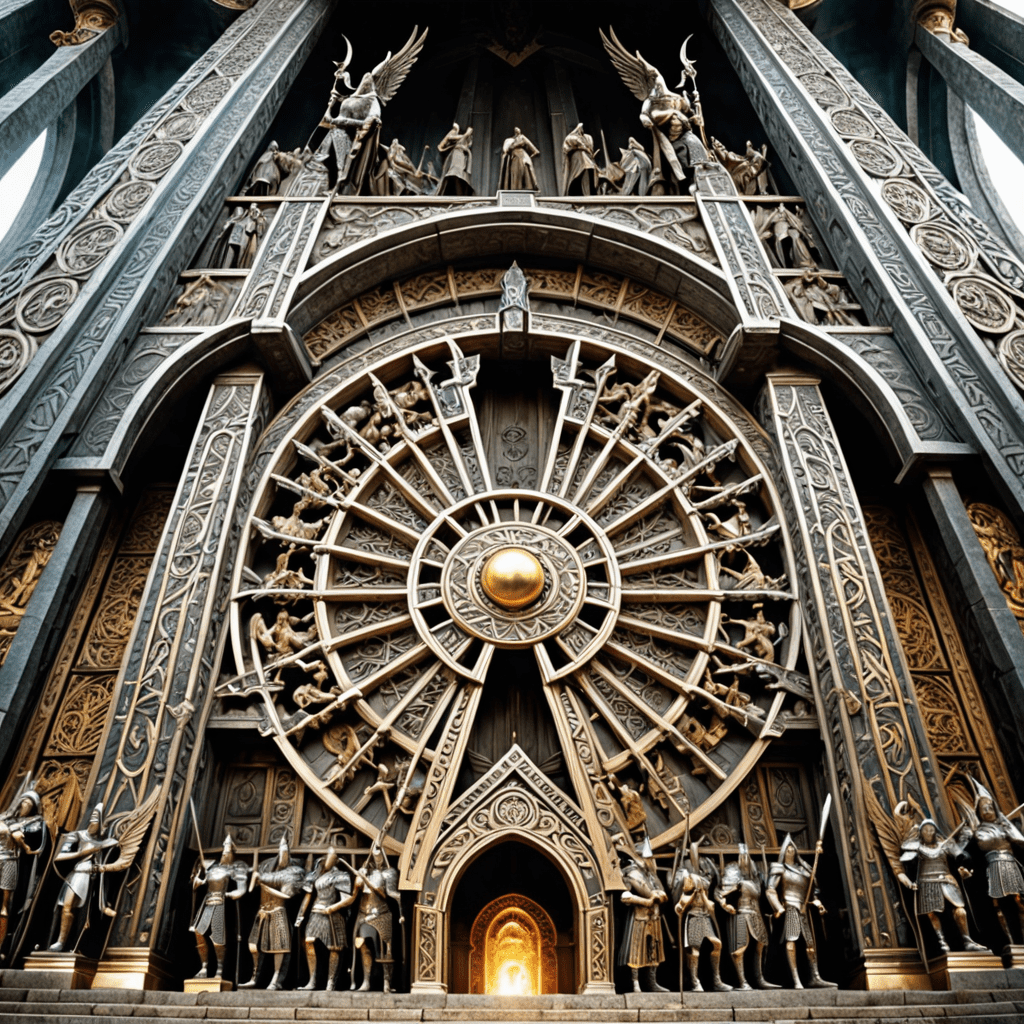The Captivating World of Greek Mythology Symbols
Greek mythology is rich with captivating stories of gods, goddesses, and mythical creatures that have fascinated cultures for centuries. One intriguing aspect of Greek mythology is the use of powerful symbols to convey deeper meanings and truths.
Delving into Symbolism in Greek Mythology
Symbols in Greek mythology are not merely decorative elements but possess profound significance. These symbols often represent ideas, emotions, or concepts that are central to the myth or the character they are associated with. For example, the thunderbolt is a potent symbol representing the power and wrath of Zeus, the king of the gods.
The Importance of Symbols in Myths and Legends
Symbols play a crucial role in conveying complex and abstract ideas in a simple, visual form. They serve as tools for human consciousness to connect with higher truths and universal themes. In Greek mythology, symbols are imbued with layers of meaning that add depth and mystery to the stories.
Unraveling the Symbolism Behind Key Greek Mythology Symbols
From the trident of Poseidon symbolizing dominion over the seas to the protective owl associated with Athena, each symbol in Greek mythology carries its own narrative and significance. Understanding these symbols can lead to a deeper appreciation of the myths and the values they convey.
Exploring the world of Greek mythology symbols reveals a profound interconnectedness between storytelling, art, and shared cultural beliefs. The power of symbols lies in their ability to transcend language barriers and communicate universal truths that resonate with people across time and geography.
FAQs About Greek Mythology and the Power of Symbols
What is Greek Mythology?
Greek mythology refers to the collection of myths and legends originating from ancient Greece. These stories often involve gods, goddesses, heroes, and mythical creatures that explain natural phenomena, religious beliefs, and the origins of the world.
How do Symbols Play a Role in Greek Mythology?
In Greek mythology, symbols are powerful tools used to represent various concepts, ideas, or traits. Each god, goddess, or mythical being is associated with specific symbols that convey their attributes and significance. For example, the thunderbolt is a symbol of power and strength often linked to Zeus, the king of gods.
Why are Symbols Important in Understanding Greek Mythology?
Symbols in Greek mythology serve as visual or conceptual representations that help individuals comprehend the complex narratives and themes within the myths. They provide a deeper understanding of the characters, their roles, and the underlying messages conveyed by the stories.



